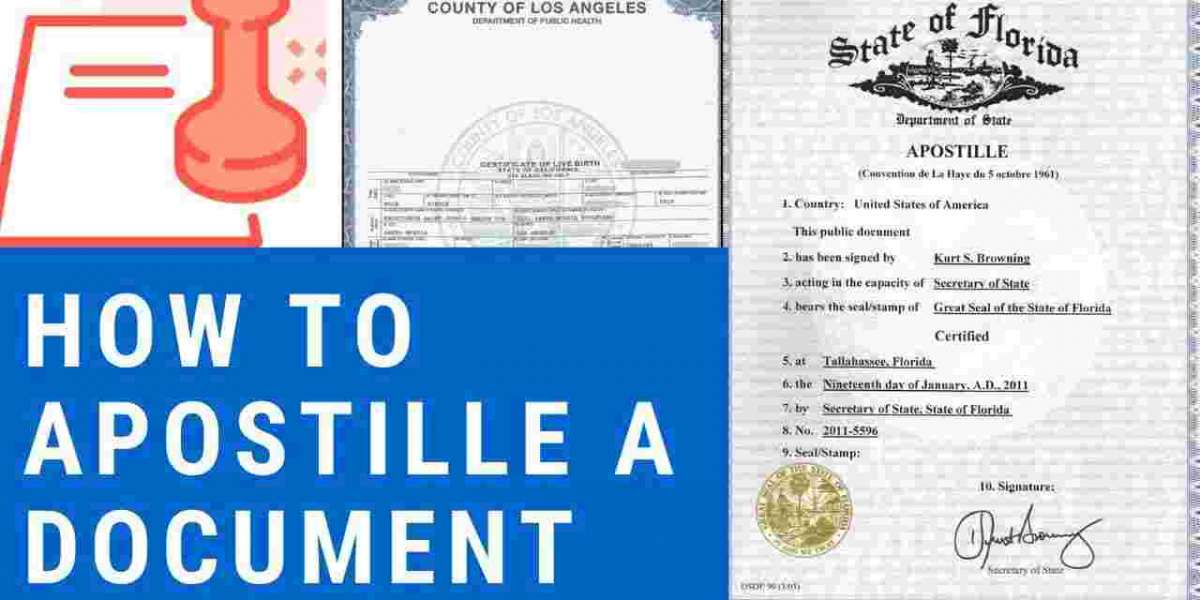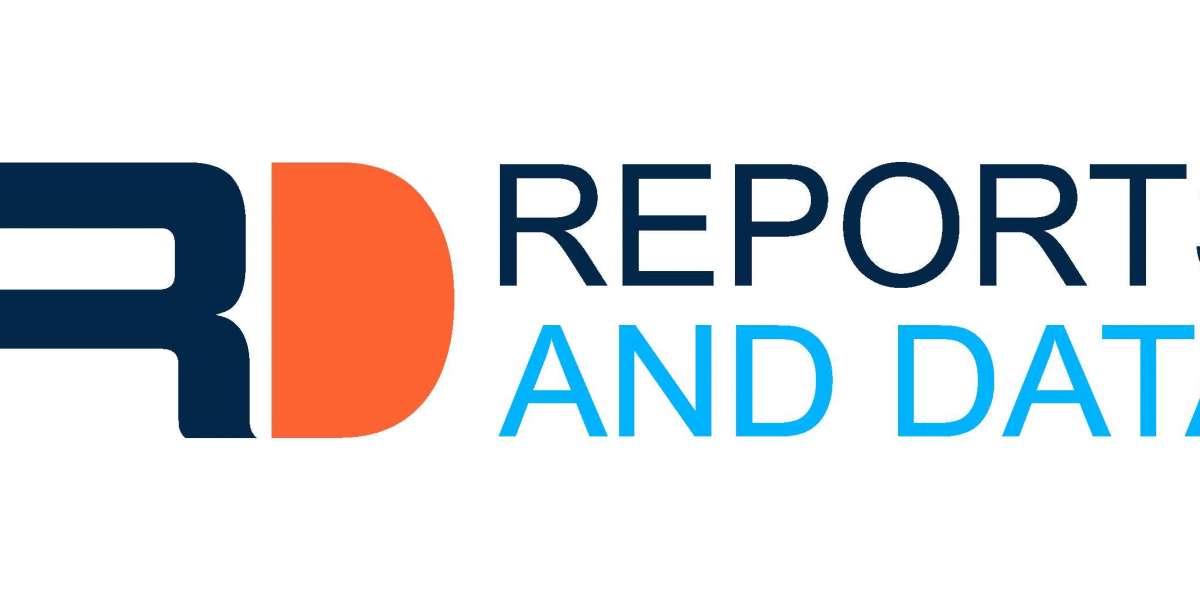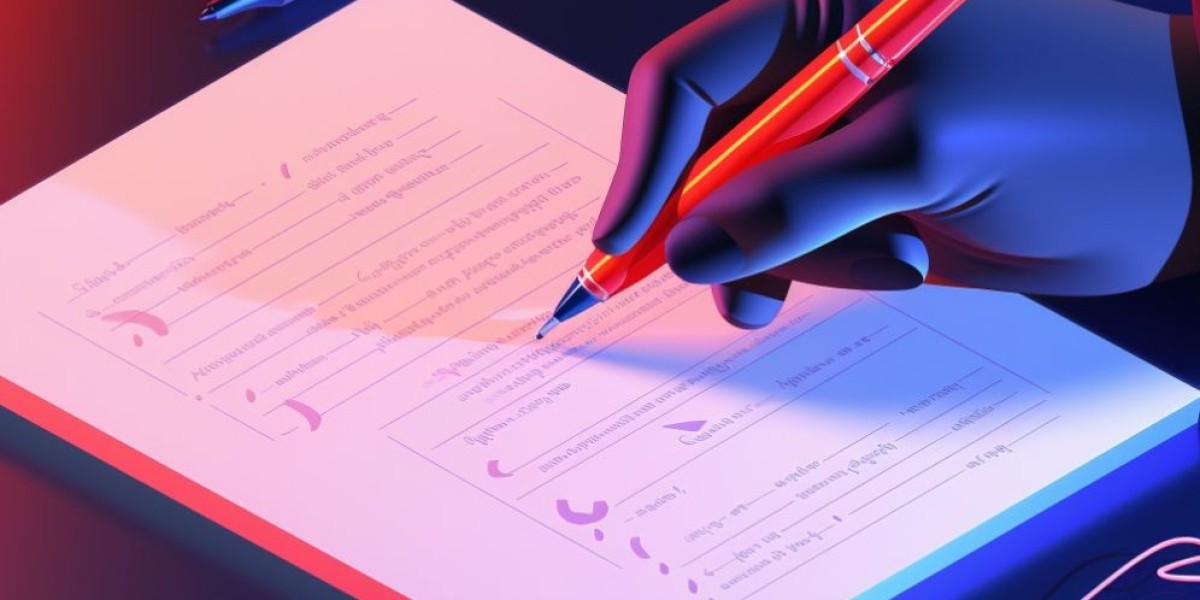Introduction
In today's globalized world, the need for cross-border document verification is on the rise. Whether you're planning to study abroad, work in a foreign country, or engage in international business, you'll likely encounter the term "apostille documents." This comprehensive guide will shed light on what apostille documents are, why they are essential, and how to obtain them.
What Are Apostille Documents?
Apostille documents are a vital component of international document authentication. They are a form of certification recognized by member countries of the Hague Convention, simplifying the validation process for documents. The term "apostille" itself is derived from the French word meaning "certification."
Why Are Apostille Documents Important?
Apostille documents play a crucial role in facilitating international interactions by:
- Ensuring Legal Validity: Apostille documents authenticate the origin and legitimacy of various legal papers, making them legally binding in foreign countries.
- Simplifying Document Recognition: Without an apostille, foreign authorities may require time-consuming and costly steps for document verification.
- Enhancing Trust: Apostille certificates instill confidence in the authenticity of documents, reducing the risk of fraud or misrepresentation.
Types of Documents That Require Apostille
Several types of documents may require apostille certification:
- Personal Documents:
- Birth Certificates
- Marriage Certificates
- Divorce Decrees
- Adoption Papers
- Death Certificates
- Educational Documents:
- Diplomas
- Transcripts
- Degrees
- Legal Documents:
- Power of Attorney
- Affidavits
- Court Documents
- Business Documents:
- Articles of Incorporation
- Contracts
- Trademark Registrations
The Apostille Process
Obtaining an apostille for your documents involves a standardized procedure:
- Contact the Competent Authority: Identify the competent authority in your country responsible for issuing apostilles. In the United States, for instance, this authority is often the Secretary of State's office.
- Submit Your Documents: Provide the necessary documents and fees to the competent authority. Ensure that your documents are notarized or certified as required.
- Wait for Processing: The processing time may vary by jurisdiction but typically takes a few days to a few weeks.
- Receive the Apostille: Once your documents are apostilled, they are considered valid for use in foreign countries that are members of the Hague Convention.
Conclusion
In the age of globalization, apostille documents are indispensable for individuals and businesses engaging in international transactions. They bridge the gap between different legal systems, ensuring that your documents are recognized and valid abroad. Whether you're planning to work, study, or do business internationally, apostille documents are your key to a seamless process.
Remember, apostille documents provide legal credibility and enhance the trustworthiness of your papers, making them a valuable tool in the world of international interactions. Don't hesitate to obtain apostille certification for your documents when venturing beyond your home country's borders.
So, whether you're a student planning to study abroad, a professional pursuing opportunities overseas, or a business owner expanding globally, apostille documents are your passport to hassle-free international engagement. Ensure that your documents are apostilled correctly, and you'll be well on your way to success in the global arena.
For more information on apostille documents and how to obtain them, consult your local competent authority or seek professional assistance to navigate the process smoothly. Embrace the power of apostille documents, and unlock the world of international possibilities today!








